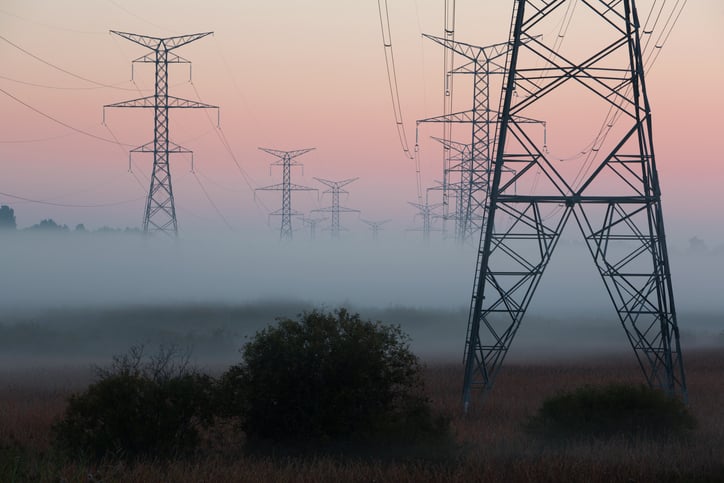Triton Power has raised an urgent modification in order to cap the cost of trade at British interconnectors at the value of lost load (VoLL) totalling £6,000 per MWh.
The National Grid Electricity System Operator (NGESO) is currently able to trade at prices above the VoLL adding to customers costs whilst also potentially signalling to the markets that customers are willing to purchase power at any price.
In order to cater for the cost-of-living crisis, Triton Power believes a cap should be introduced as a cap would create a safety net.
With wholesale prices still high and continuing to rise, the energy price cap in the UK is expected to increase to £3,244 in October and remain elevated following this. Research from Cornwall Insight for example suggested it would grow beyond £4,200 for Q1 2023.
According to Triton, a price cap at interconnectors would signal to the market that it will not buy through spiralling prices and instead, cease to buy energy whilst utilising other energy management tools when offers to sell are above VoLL.
This could in turn support the British public in reducing the price of energy.
With the energy crisis not only affecting the UK market, there are fears the winter season could prove a difficult period for energy companies as demand soars across the European continent. If this happens, each market could try to outbid each other to secure necessary power.
In doing so, this could create spiralling prices that will see certain parties receiving excessive profits at the expense of customers.
In Q2 2022, Britain became a net exporter of electricity for the first time, according to new analysis from EnAppSys.
Due to a combination of factors, including the war in Ukraine, Britain’s position in relation to LNG imports within Europe and nuclear outages in France, the country exported 3.6TWh over the quarter.
This was equivalent to around 5.7% of British electricity generation and a flip from the country importing 5.2TWh in Q1.
While Britain’s power prices have been more stable than the first few months of the year, other markets in Europe have seen some interesting drops contributing to the request to impose a price cap.






